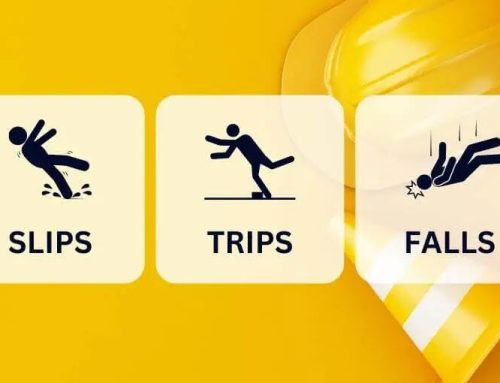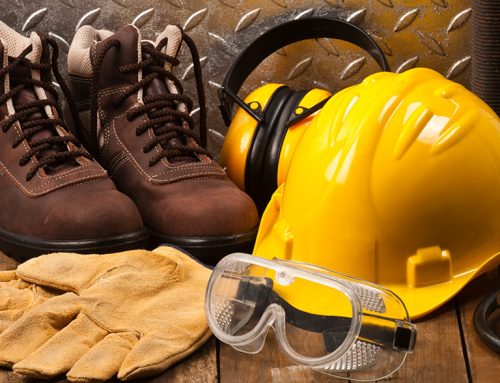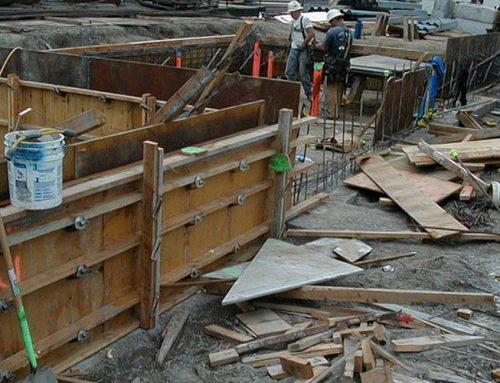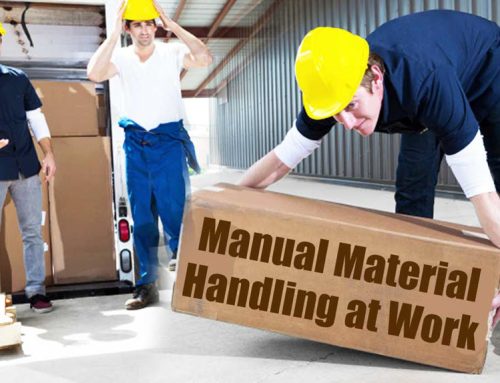Introduction
As safety is a crucial aspect of any work environment, it is essential to ensure that all workers are aware of the safety measures to be taken while working. This is where the concept of toolbox talks comes into play. A toolbox talk is a safety meeting held to discuss safety measures that need to be taken to prevent accidents and injuries.
The talks are meant to educate workers on the importance of safety and to create a safety culture within the workplace. In this article, we will discuss relevant UK toolbox talks that are essential for various work environments.
Manual Handling
Manual handling is a common cause of workplace injuries. It is crucial to train workers on the proper lifting techniques to prevent injuries. Manual handling toolbox talks should cover topics such as how to lift objects correctly, how to assess the weight of objects before lifting them, and how to use lifting equipment safely.
Working at Heights
Working at heights is a significant risk factor for falls and injuries. Toolbox talks on working at heights should cover topics such as how to safely use ladders and scaffolding, how to secure harness and fall protection equipment, and how to identify and control the risks associated with working at heights.
Electrical Safety
Electrical safety is essential in all work environments and is one of the common UK toolbox talks. Toolbox talks on electrical safety should cover topics such as how to identify electrical hazards, how to safely work with electrical equipment and how to use personal protective equipment (PPE) correctly.
Hazardous Substances
Many workplaces use hazardous substances that can pose a threat to workers’ health and safety. Toolbox talks on hazardous substances should cover topics such as how to identify hazardous substances, how to safely store and handle hazardous substances, and how to use PPE when working with hazardous substances.
Fire Safety
Fire safety is a critical aspect of workplace safety and is also one of the common UK toolbox talks. Toolbox talks on fire safety should cover topics such as how to identify potential fire hazards, how to safely evacuate the workplace in the event of a fire, and how to use fire extinguishers correctly.
Noise and Vibration
Noise and vibration can pose a significant risk to workers’ health and safety. Toolbox talks on noise and vibration should cover topics such as how to identify potential risks associated with noise and vibration, how to reduce exposure to noise and vibration, and how to use PPE correctly to protect against noise and vibration.
Personal Protective Equipment
Personal protective equipment (PPE) is essential in many work environments. Toolbox talks on PPE is also one of the common UK toolbox talks. A PPE toolbox talk should cover topics such as the types of PPE available, how to select the correct PPE for the job, and how to use and maintain PPE correctly.
Working Alone
Working alone can pose a significant risk to workers’ safety. Toolbox talks on working alone should cover topics such as how to assess the risks associated with working alone, how to communicate effectively when working alone, and how to maintain safety when working alone.
First Aid
First aid is a critical aspect of workplace safety. Toolbox talks on first aid should cover topics such as how to assess an emergency, how to provide basic first aid and how to use first aid equipment correctly.
Mental Health
Mental health is an essential aspect of overall health and safety in the workplace. Toolbox talks on mental health should cover topics such as how to identify signs of mental health issues, how to provide support to workers experiencing mental health issues, and how to create a supportive workplace culture.
Moreover, it is important to note that toolbox talks should not be a one-time event. Regular meetings should be conducted to refresh workers’ knowledge and update them on any new safety measures or regulations. Employers should also encourage workers to participate actively in the meetings, ask questions and provide feedback to improve the safety culture.
Additionally, it is essential to tailor toolbox talks to the specific work environment. For instance, a toolbox talks on working at heights would be irrelevant for workers in an office setting. Employers should also consider workers’ individual needs, such as language barriers or disabilities, when conducting toolbox talks. This ensure that everyone understands and benefits from the training.
It is also worth noting that toolbox talks should not replace proper training and certification for specific jobs. Toolbox talks are a supplemental tool that aims to remind workers of the safety measures they need to take to prevent accidents and injuries. Proper training and certification are still necessary to ensure workers are qualified and competent to perform their job safely.
Conclusion
In conclusion, toolbox talks are essential in creating a culture of safety in the workplace. Employers should ensure that workers receive regular training on safety measures relevant to their work environment. By implementing toolbox talks, employers can create a safer workplace, reduce the risk of accidents and injuries and improve overall productivity.
If you are looking for a range of ready to deliver toolbox talks, then you might be interested in our toolbox talk packages. These include a range of toolbox talks at a cost-effective price.






